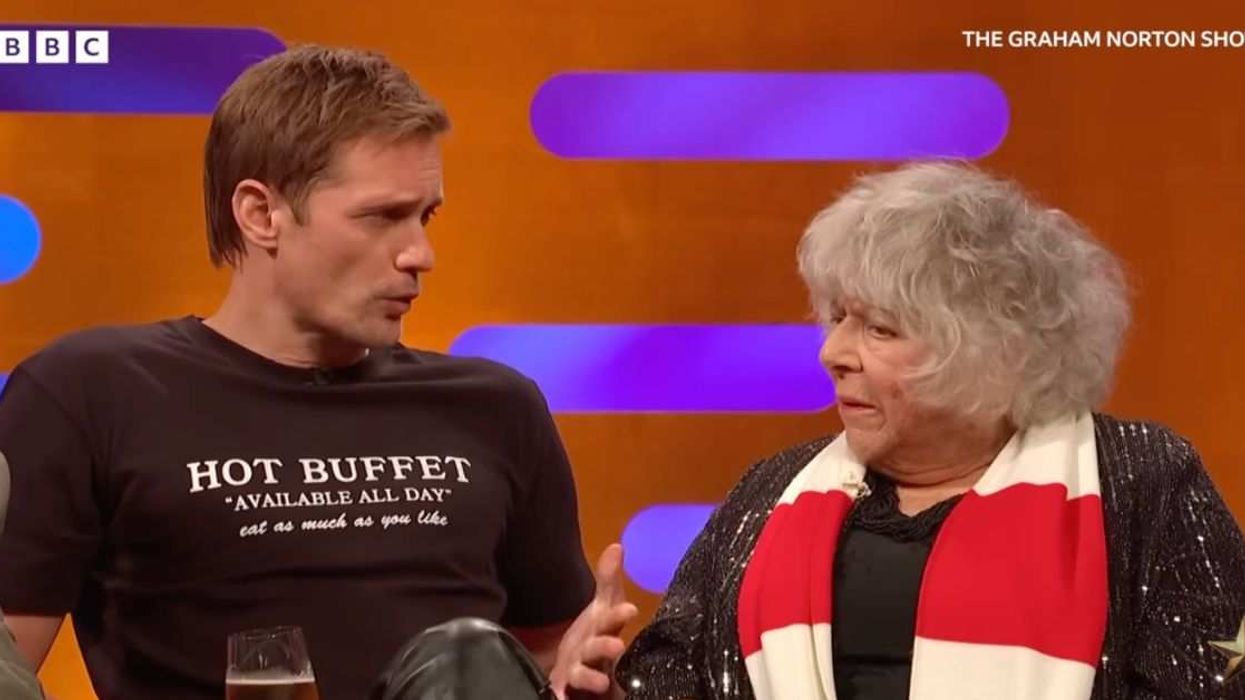CORRECTION: A previous version of this article mistakenly stated that the United States was expected to pass 200 thousand virus cases by November, instead of 200 thousand virus deaths by November. The error has been corrected.
For three years, President Donald Trump has taken credit for economic trends established in the Obama era.
Amidst impeachment, his questionable actions toward Russia, and constant Twitter outbursts, the economy has been Trump's strongest talking point in favor of his reelection.
So when the global pandemic began spreading throughout the United States, Trump dismissed the threat it posed in the hopes of preserving that economy. There are reports he initially pushed back against expanded testing for the same reason.
With over three million cases and 130 thousand deaths, the Trump administration continues to assure Americans that everything is under control—even with businesses across the country shuttered and millions out of work.
On 'Fox and Friends' Wednesday morning, Trump campaign press secretary Hogan Gidley boasted about Trump's economic record and even broke out the classic "Are you better now than you were before?" question to make the case for Trump's re-election, which co-host Brian Kilmeade promptly shut down.
Watch below.
Discussing the President's upcoming rally in New Hampshire on Saturday, Gidley said:
"The President wants to go in there and talk about all the accomplishments he's done in his first term and how he's made people's lives better. It answers the age old question: 'Are you better off now than you were before?' and the answer undoubtedly is yes, and that strikes true across New Hampshire and across this country."
Kilmeade's initial response:
"Hogan, really?"
He went on:
"With the pandemic, you know the growth is not there, you know the unemployment's still 11 percent. So you can't really say you're better off than you were three years ago, because—at the very least—the pandemic. So you can't really say that right?"
Gidley went on to say that the pandemic affected the entire world—not just the United States—and praised what he called Trump's "leadership role," citing somewhat ineffective travel restrictions from China. Gidley also credited Trump with avoiding U.S. death predictions of 2.2 million.
In reality, these numbers estimated how many Americans would die if there were no governmental mitigation, such as closing bars, stores, and schools. No closures were ordered by the White House. Mitigation efforts were in the hands of the governors, many of whom criticized the lack of federal strategy for the virus.
Americans don't seem to be buying Gidley's claims. The average public approval regarding Trump's handling of the virus has been steadily decreasing since the first nationwide case spike in April. On average, only 39.5 percent of Americans approve of Trump's virus response.
This is largely why people thought Gidley's assertions bordered on delusion.
People were stunned that Kilmeade—usually known for enabling distortions of the truth from the Trump campaign—was skeptical enough to push back.
The United States is expected to surpass 200 thousand deaths before November.

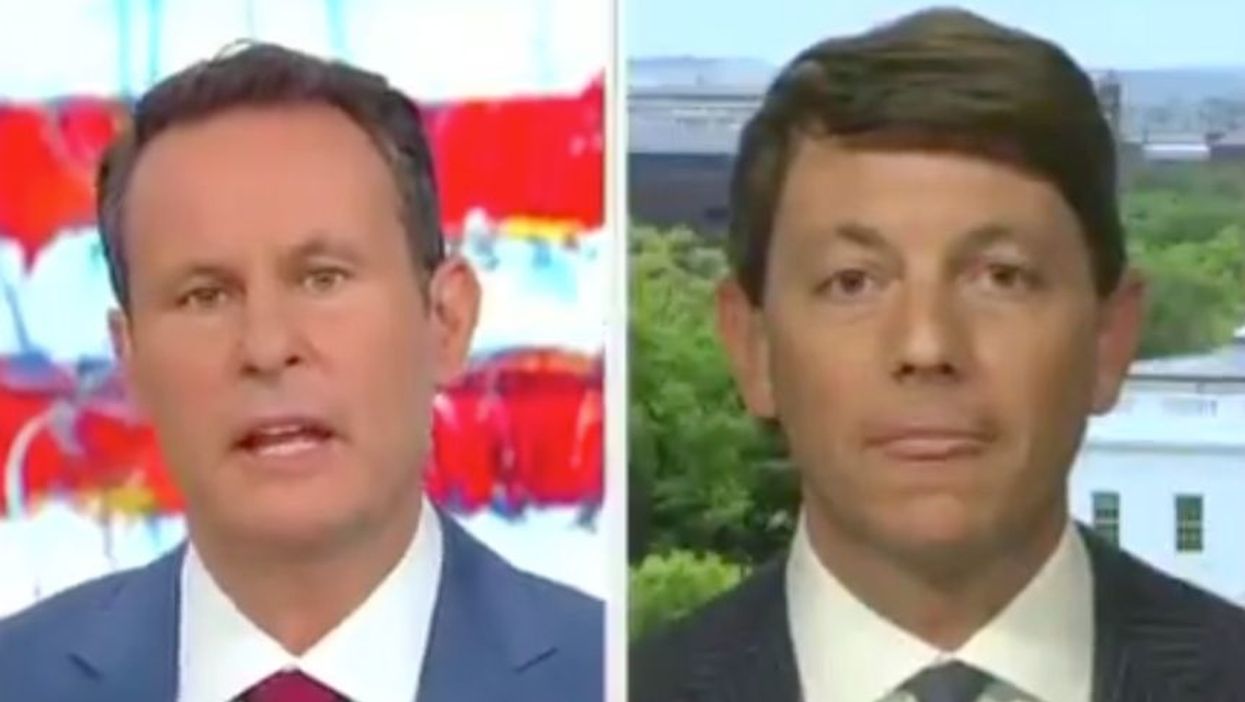

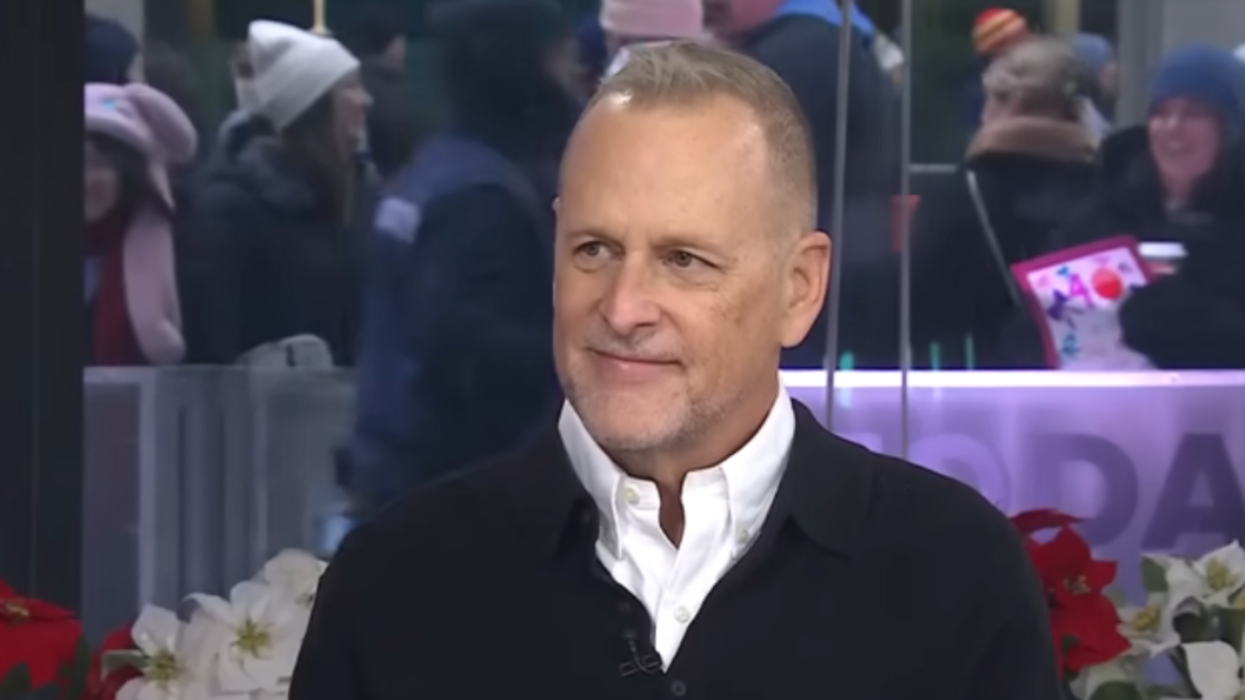
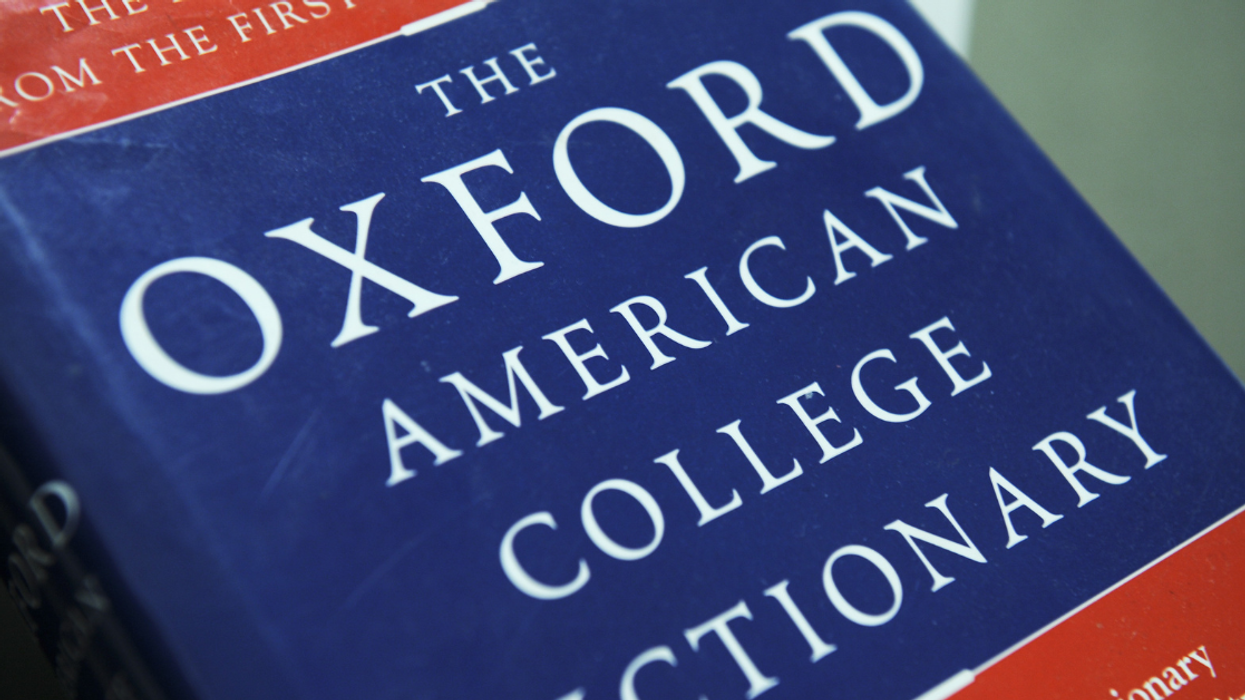

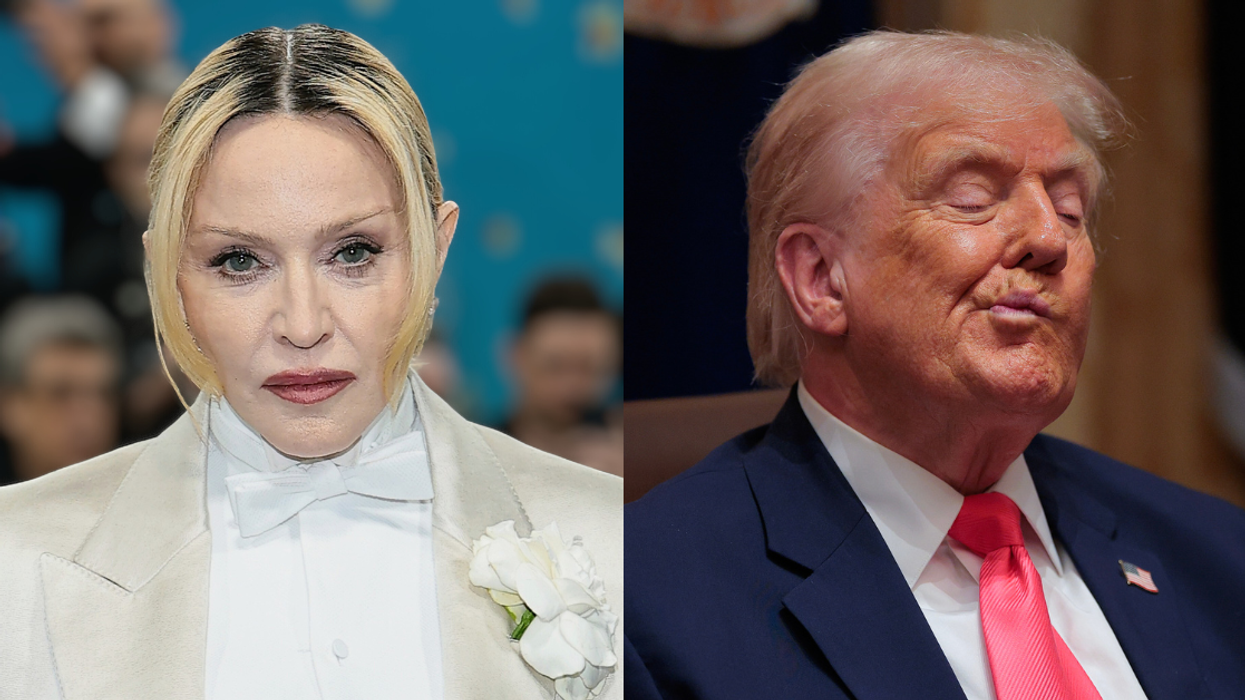
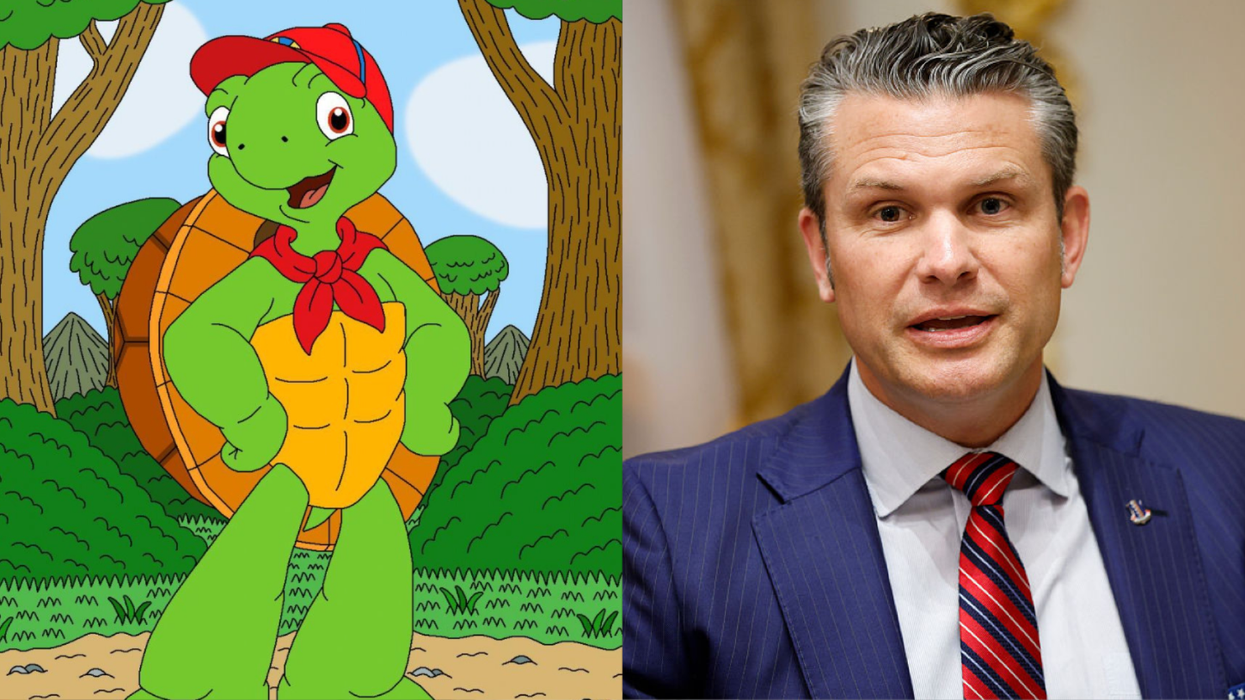
 @PeteHegseth/X
@PeteHegseth/X
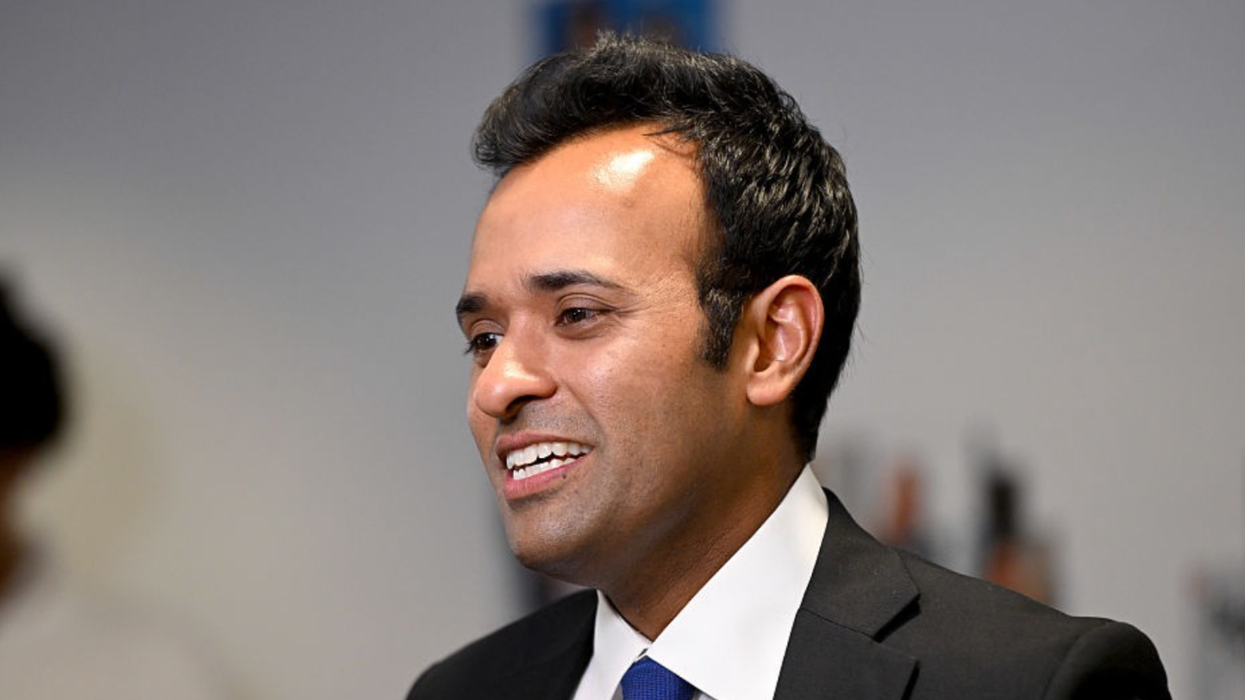
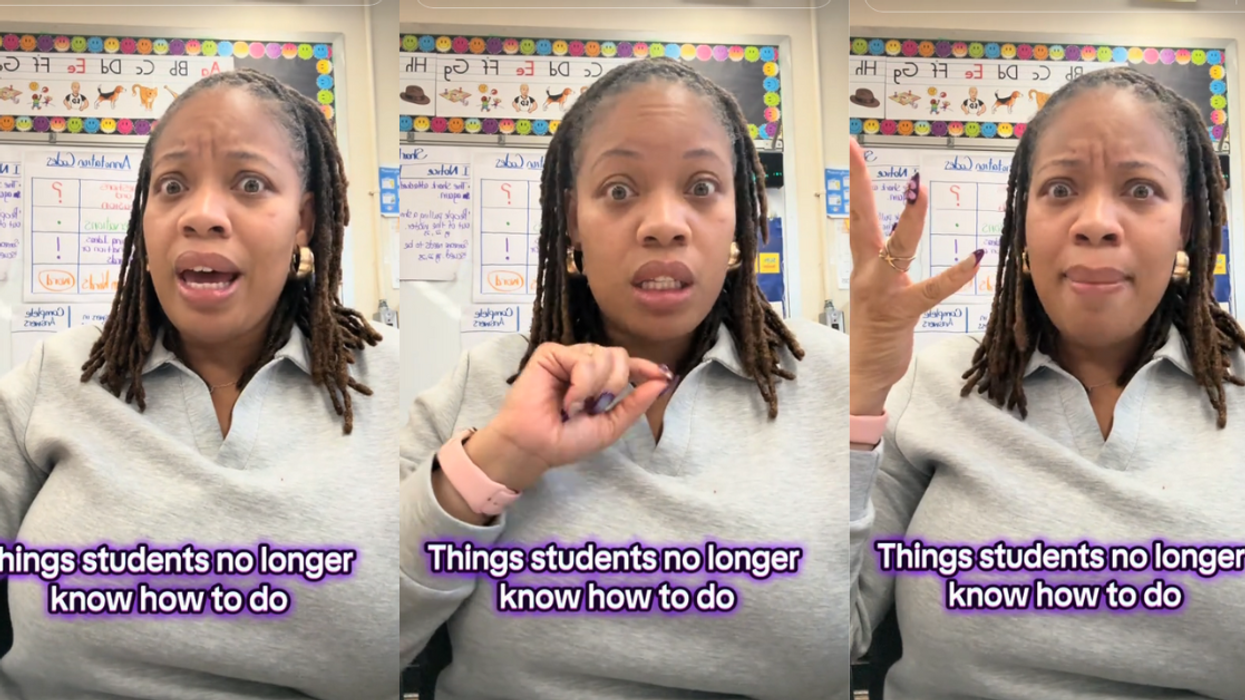
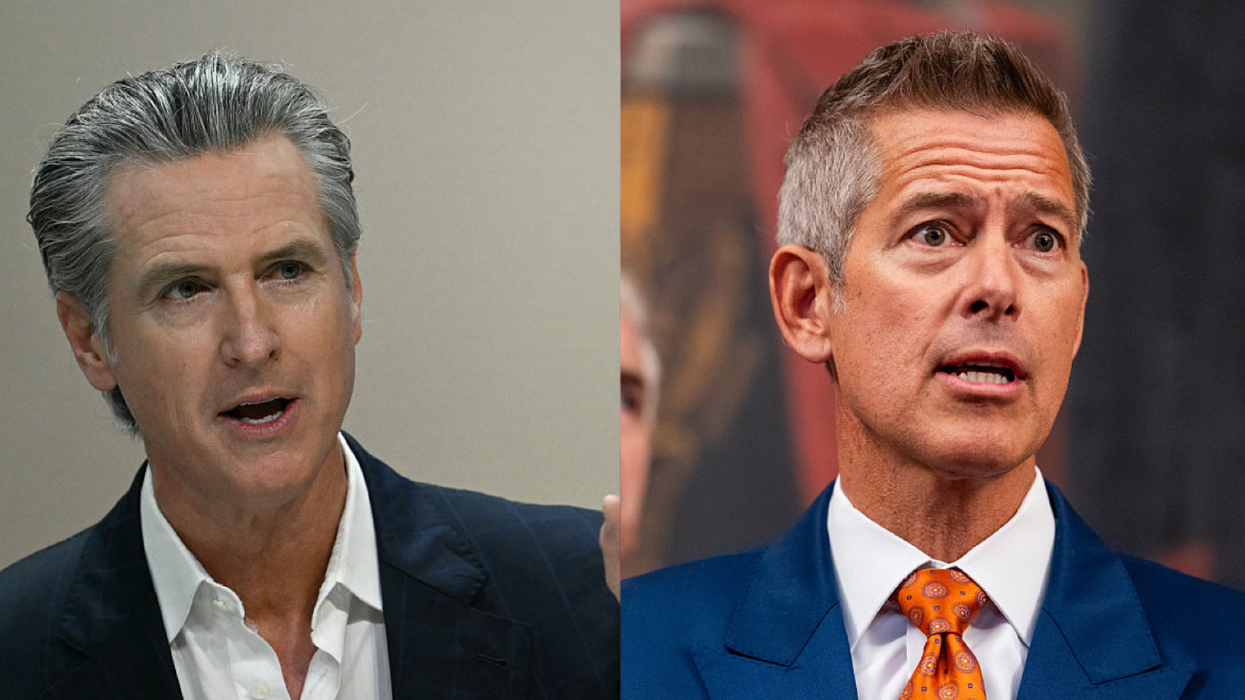
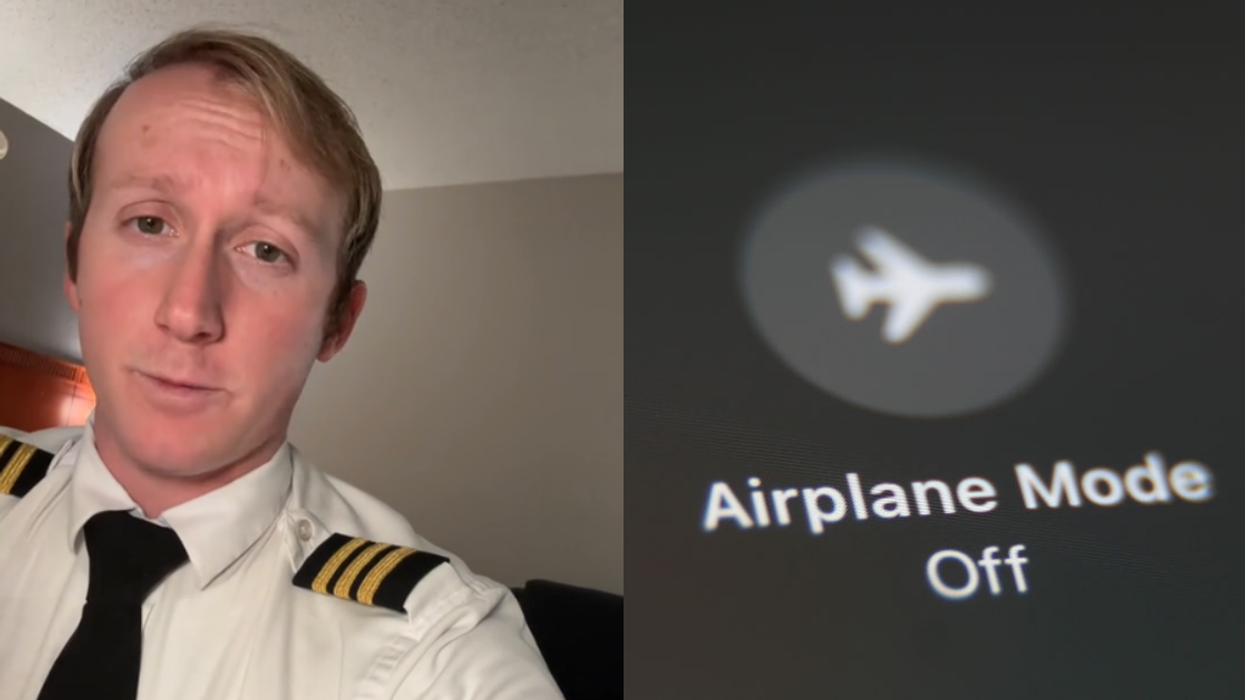
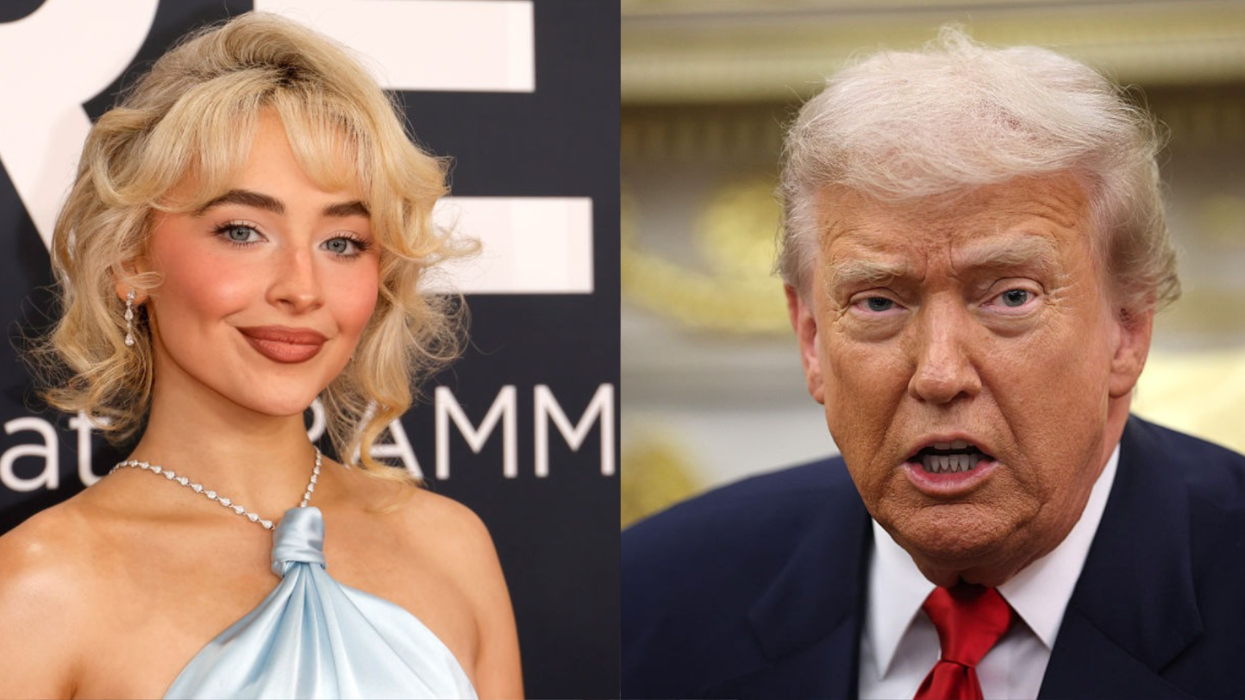

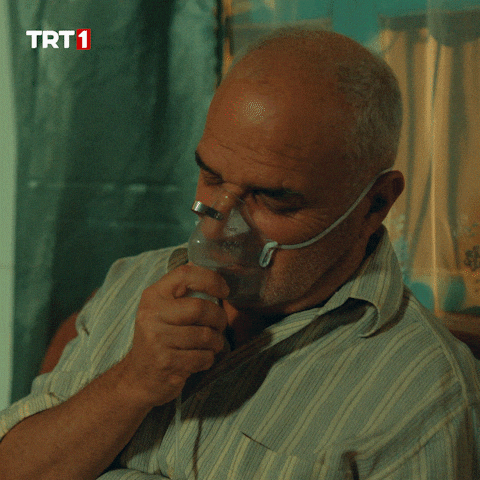 Relax Breath GIF by TRT
Relax Breath GIF by TRT  ha ha simpsons GIF
ha ha simpsons GIF 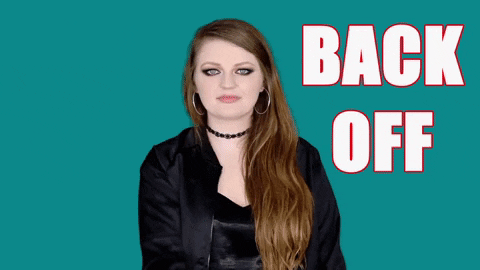 warning go away GIF by Kathryn Dean
warning go away GIF by Kathryn Dean 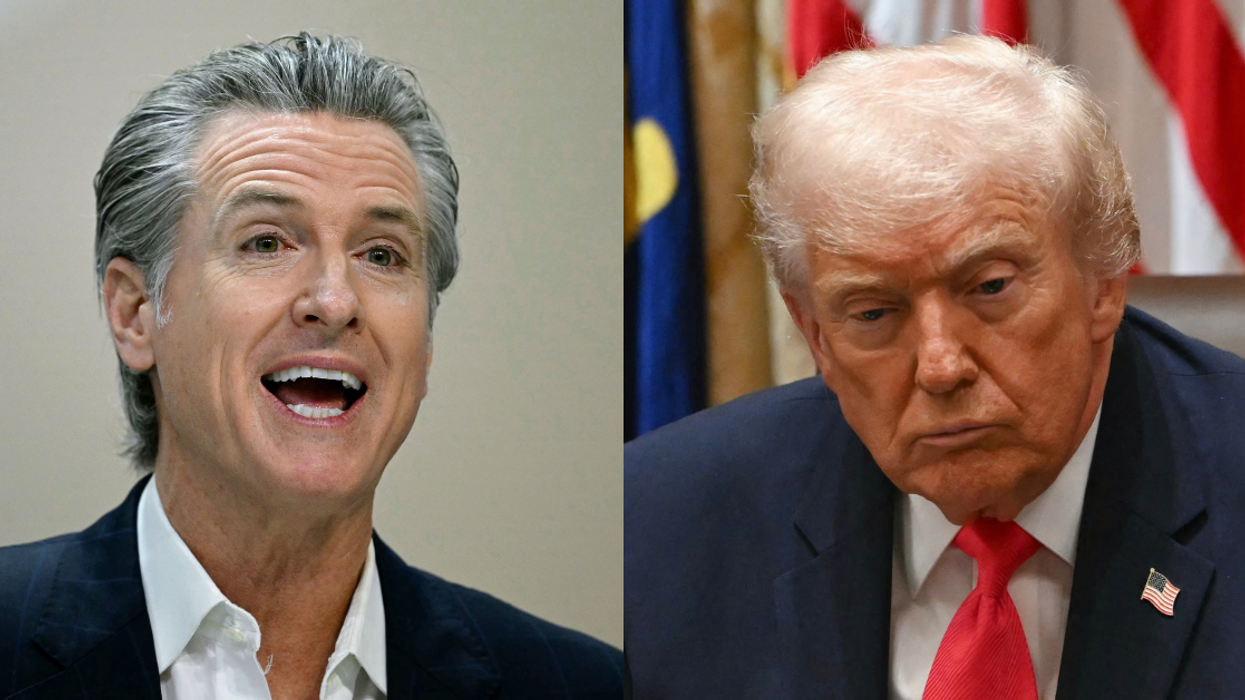
 @callyson/Bluesky
@callyson/Bluesky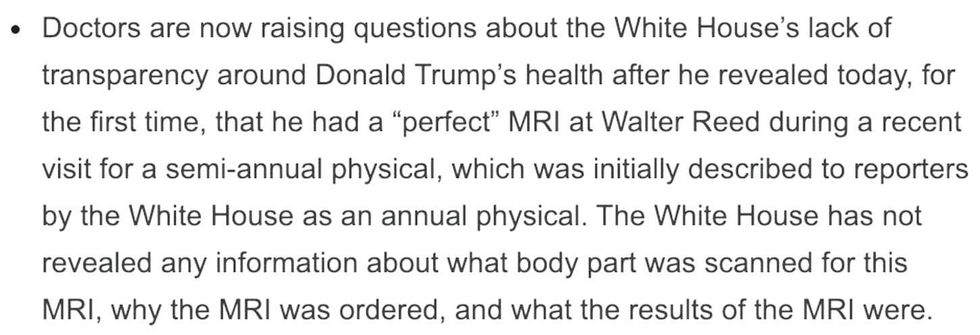 @callyson/Bluesky
@callyson/Bluesky @callyson/Bluesky
@callyson/Bluesky @WhiteHouse/X
@WhiteHouse/X @GovPressOffice/X
@GovPressOffice/X @GovPressOffice/X
@GovPressOffice/X White House/Facebook
White House/Facebook White House/Facebook
White House/Facebook @gentlem/Bluesky
@gentlem/Bluesky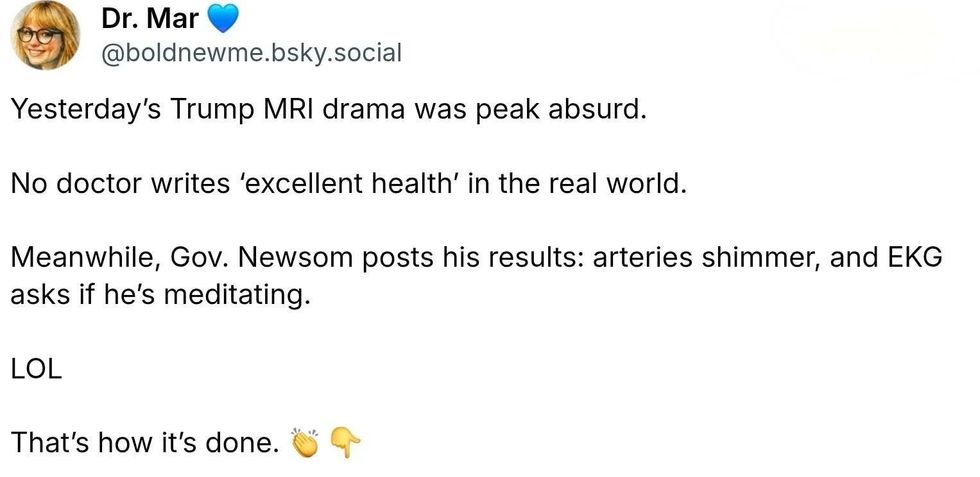 @boldnewme/Bluesky
@boldnewme/Bluesky White House/Facebook
White House/Facebook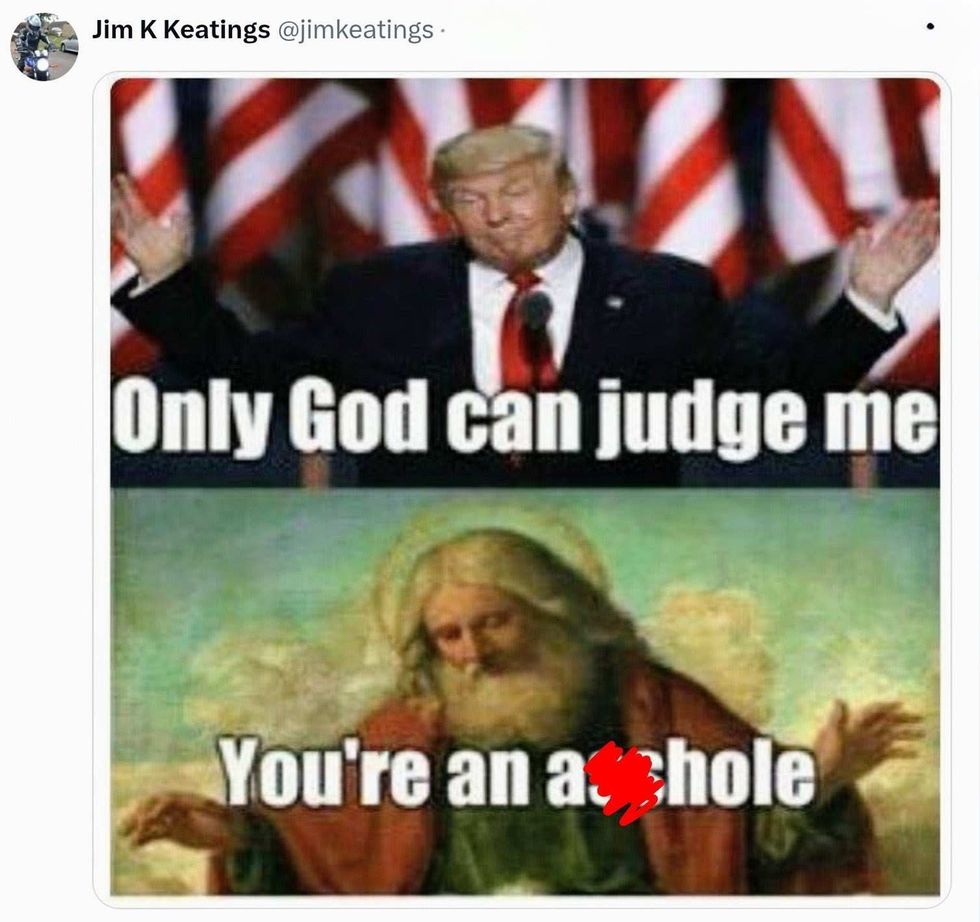 @WhiteHouse/X
@WhiteHouse/X @WhiteHouse/X
@WhiteHouse/X